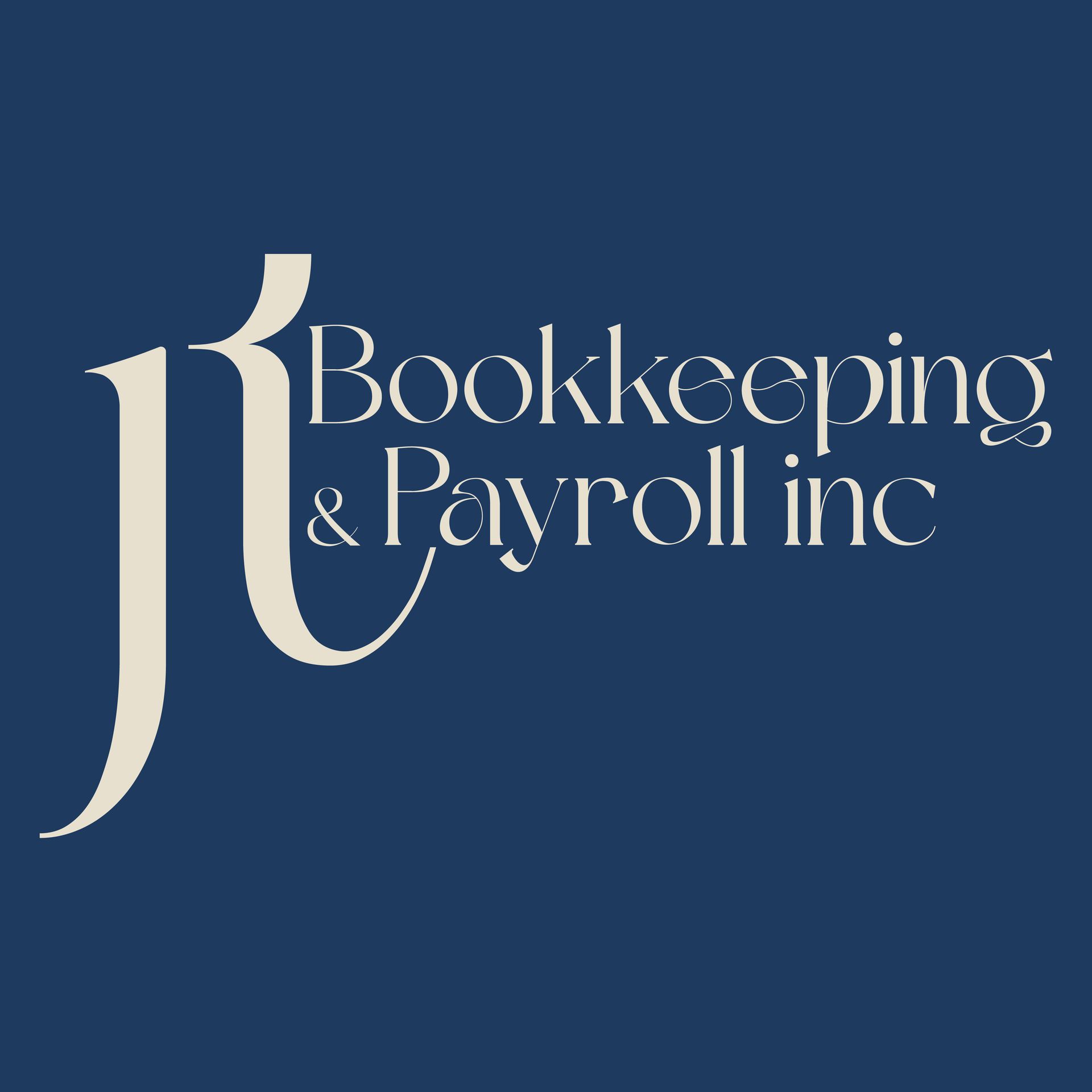Choosing the Right Financial Advisory Services for Your Small Business
Understanding the Importance of Financial Advisory Services
For small business owners, making informed financial decisions can be a daunting task. With numerous options available, selecting the right financial advisory services is crucial to the success of your business. Financial advisors offer expert guidance that can help you manage cash flow, investments, taxes, and long-term financial planning. Understanding their role and how they can benefit your business is the first step in choosing the right service.

Identifying Your Business Needs
Before selecting a financial advisory service, it's important to identify your specific business needs. Are you looking for help with budgeting, investment strategies, tax planning, or retirement plans? Understanding these needs will help you find an advisor with the right expertise. Make a list of priorities and look for services that specialize in these areas.
Consider whether you need a one-time consultation or ongoing support. For instance, if you're planning a major expansion or facing financial difficulties, ongoing advisory services might be more beneficial. On the other hand, if you need help with a specific project or decision, a one-time consultation could be sufficient.
Evaluating Credentials and Experience
When choosing a financial advisor, it's essential to evaluate their credentials and experience. Look for advisors with recognized certifications such as Certified Financial Planner (CFP) or Chartered Financial Analyst (CFA). These credentials indicate that the advisor has undergone rigorous training and adheres to ethical standards.

Experience in your industry can also be a significant advantage. An advisor familiar with your business sector will better understand market trends and challenges specific to your field. Ask potential advisors about their experience working with businesses like yours and request references to verify their expertise.
Understanding the Fee Structure
Financial advisory services come with various fee structures which can impact your choice. Some advisors charge a flat fee, while others work on an hourly rate or earn a commission based on the investments they manage for you. It's important to understand how these fees align with your budget and business goals.
Be wary of advisors whose earnings are heavily commission-based, as they may have an incentive to recommend specific products that may not be in your best interest. Transparency in fees is crucial, so ensure you have a clear understanding of all potential costs before committing to a service.

Building a Trustworthy Relationship
The relationship between you and your financial advisor should be built on trust and transparency. Good communication is key; your advisor should be someone who listens to your concerns, understands your goals, and communicates complex financial concepts in a way that you can easily understand.
Having regular updates and reviews of your financial plans is also essential. A proactive advisor who keeps you informed about market changes and new opportunities can significantly impact your business's financial health. Ensure that the advisor you choose is someone with whom you feel comfortable discussing all aspects of your business finances.
Making the Final Decision
Once you've assessed your needs, evaluated potential advisors' credentials, and understood their fee structures, it's time to make a decision. Trust your instincts and choose an advisor who not only meets your requirements but also aligns with your business values and philosophy. Remember that the right financial advisory services can be a powerful asset for your small business's growth and success.
By taking these steps, you'll be well-equipped to navigate the complex world of financial advisory services and make informed decisions that will benefit your business in the long run.
